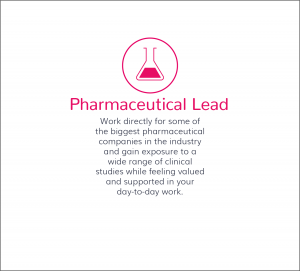According to recent studies, the global clinical outsourcing market is projected to grow from a $40.7b industry in 2022 to a $74.3b industry by 2031, with Europe the fastest growing market. Building a trusted working relationship with a CRO is vital. It’s a two-way street that can take years to develop, but like any relationship, things can go sour.
When a CRO is missing deadlines, going out of scope, or delivering poor quality work, trust can quickly erode. The more subtle, underlying issues, such as poor communication or a lack of prioritization, tend to grow over time and lead to scope creep and delays down the road.
The big question is, who can fix it?
”It may seem counterproductive to look to another CRO in order to get the project delivered, but when it comes to biostatistics and programming, reaching out to specialists offers the best chance of rescuing the study.
Katherine HutchinsonChief Operating Officer
When it comes to specific, highly skilled deliverables, such as biostatistics, a specialist CRO is often the best solution for turning a study around. Rescue is always required at a critical moment, when tensions are likely to be at their highest. Working alongside a company that has the right blend of project management, governance, communication, technical skills will set you up for switching success.

The prospect of switching vendors is daunting, and it sometimes feels like it would be easier to stay put with the issues you are experiencing. Better the devil you know, right? Here are 6 key considerations when selecting a new vendor to take on your study: Do they:
- Equally prioritise clients regardless of company size, length of relationship or market share?
- Resource your study with their A team who have proven and appropriate therapeutic, technical and project lead experience?
- Have a proven track record of successfully transitioning studies from one vendor to another?
- Have robust governance and communications processes in place to mitigate potential issues?
- Have a rigorous switching process that touches on all areas of transition including contracting, data transfer, communication and team onboarding and training?
- Aim to increase efficiency by using technology and automation to streamline your study?
It’s never easy to bring your study back on track, but exploring your options early and finding a partner with whom you can collaborate rather than a standard service provider will be key to the success of a transition.
Get in touch with our team to understand how we have successfully become the biostatistics provider of choice and turned study timelines and deliverables around.





